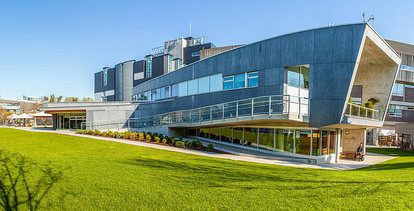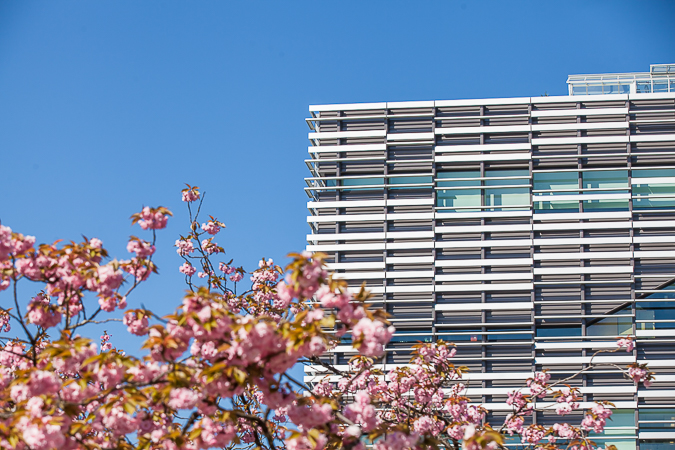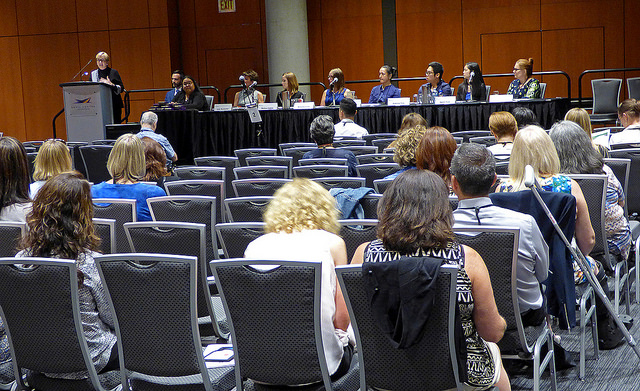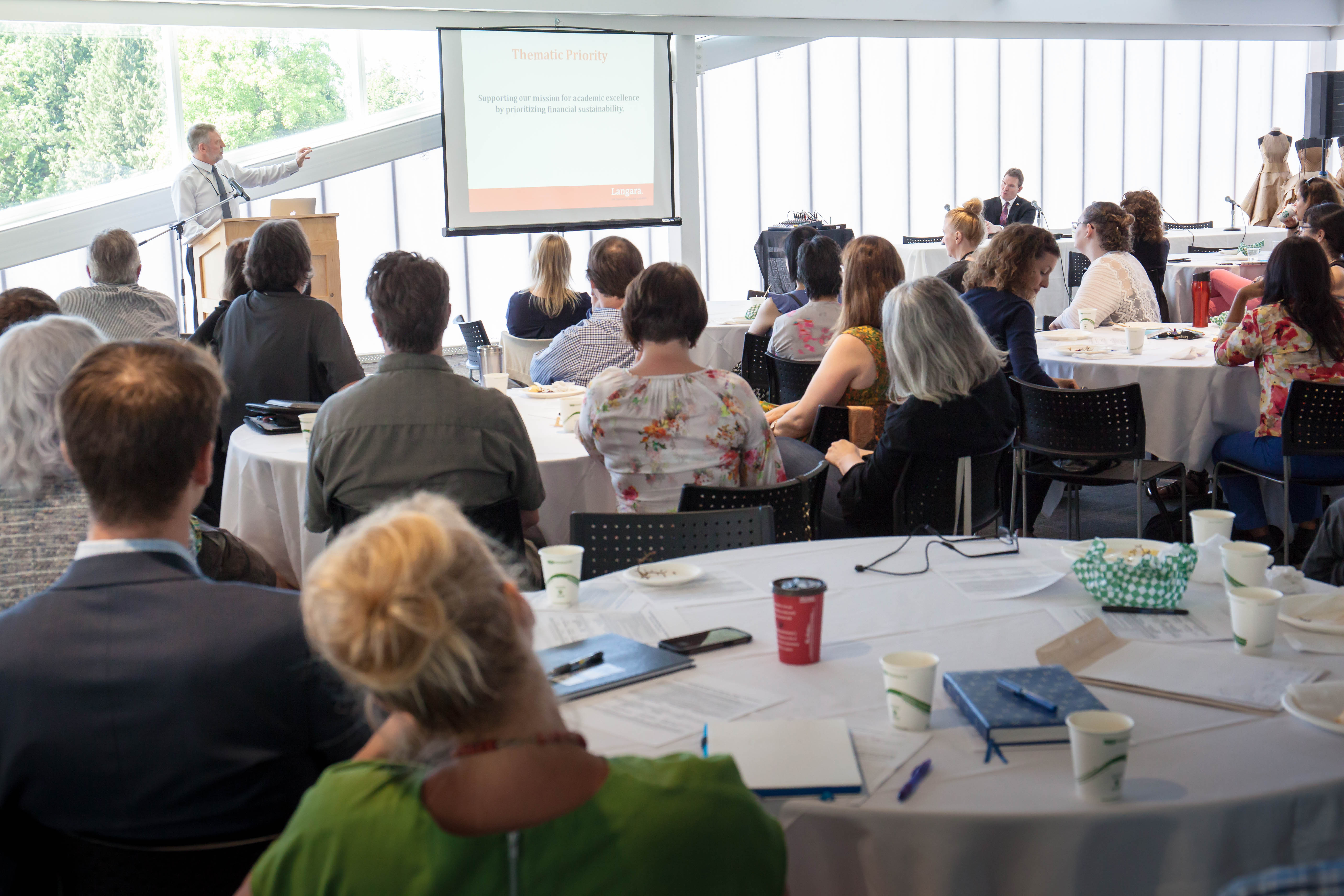
2019 CCSIF competition (with fall deadline)
Earlier this month, the Scholarly Activity Steering Committee (SASC) learned the College and Community Innovation program will be launching a new competition for the College and Community Social Innovation Fund (CCSIF). The competition will be launched this summer with an application deadline in fall 2019. Applicants will be invited to apply for up to $120,000 per year for a duration of one to two years.
CCSIF grants are intended to support college social innovation research projects in areas such as education, integration of vulnerable populations, and community development, in partnership with local community organizations. For your reference, you may also wish to review the program details from the 2017 CCSIF competition, however, please note that the program details may be revised for the 2019 competition.
SASC would like the Langara community to be aware of this opportunity in case there are worthy project ideas which could be submitted.
If there are research ideas, interested parties should reach out to either Kelly Sveinson (ksveinson@langara.ca) or Marg Heldman (mheldman@langara.ca) via email.
Proposal submissions, due August 15, should be a maximum of three pages. Because each College is limited to one submission, submissions will be evaluated by a SASC adjudication committee using the selection criteria for the CCSIF:
Applications are evaluated on the following criteria:
- Potential for innovation impact (40%)
- the effectiveness of the proposal to address the needs of community organizations and foster social innovation;
- the capacity of the partner organization(s) to benefit from the project results;
- the effectiveness of the results of the research to lead to concrete, long-term Canadian societal benefits at the local, regional, or national level;
- the project’s potential to apply knowledge in an innovative manner and/or lead to new knowledge;
- the quality of training and mentoring to be provided to students and other highly qualified personnel, and the need for these enhanced skills in the local community or region.
- Excellence of the proposal (30%)
- focus and clarity of the specific objectives of the proposal;
- quality and feasibility of the work plan and appropriateness of the methodology;
- appropriateness of the literature review;
- probability that the objectives will be met within the timeline proposed;
- overall budget and the justification of the individual budget items;
- involvement of the partner(s) in the community and other relevant stakeholders in the design and conduct of the research and/or related activities;
- total resources available from the college, the partner organizations and other sources, and their relevance for the project;
- quality and appropriateness of the plans for knowledge mobilization, including effective dissemination, exchange and engagement with stakeholders within and/or beyond the research community.
- Team expertise (30%)
- the experience and expertise of the research team to address the proposed objectives competently and to complete the project successfully;
- the quality, quantity and significance of the past experience of the project director and the research team in working with community partners;
- the college’s track record in contributing to local or regional social innovation and its potential to enhance its capacity to work with local community organizations.
Margaret Heldman
Chair, Scholarly Activity Steering Committee
Associate Vice-President, Academic


